Some people would do anything to achieve fame and success, whether that means lying, cheating, stealing, or, in the case of blues legend Robert Johnson, selling his soul to the devil. Johnson was a pioneer of the Delta blues movement in the early 1930s, performing on the streets of southern towns of Mississippi and Arkansas. Johnson followed in the footsteps of other notable blues figures of the day, like Son House, but struggled to keep up musically.
Videos by American Songwriter
Johnson’s playing was something of a scene-wide joke until he mysteriously vanished for over a year. When he returned, something was noticeably different about the tall, soft-spoken guitar player.
An Irksome Newbie To The Delta Blues Scene
Robert Johnson’s origins are as opaque as the otherworldly legend that colored the final years of his life. Historians estimate the future blues icon was born in the spring of 1911 in Hazlehurst, Mississippi. Johnson picked up harmonica as a young child, inspired by other notable musicians of the time, like Son House, who eventually moved to the same city as Johnson. Son House came to know the Johnson family, and his early memories of the family’s son on guitar were less than admirable.
“I think it was in Robinsonville I met him,” Son House later recalled, per TeachRock. “I got friendly with his mother and father, and he was blowing [jaw harp]. Why, then, he could blow the pants off just about anyone, but he wanted to play guitar. When he grabbed guitar, the people asked why don’t he stop. He was driving ‘em all crazy with his noise.”
“Then he slipped off to Arkansas somewhere, but sure enough he came back, and he found [Willie Brown and me]. We was asking if he remembered what we’d showed him. But then he showed us something, and we didn’t believe what we saw. I said to ol’ Bill, ‘That boy’s good.’”
Indeed, something had changed when Johnson returned from what would be an 18-month hiatus from the Delta blues scene. Suddenly, he could pluck out entire band arrangements with just a six-string guitar. He could punctuate a bass line while he plucked a melody on the high strings, all while maintaining a percussive rhythm. The change was so dramatic that people started to speculate the only explanations they deemed plausible: Johnson must have made a deal with the devil.
The Myth of Robert Johnson, Blues Legend
A male Black musician cutting their teeth in the 1930s deep South was liable to take any boosts to his career that he could find, and Robert Johnson was certainly no different. Rumors began swirling in the musical community that Johnson must have sold his soul to the devil to become so masterful at his instrument in just over a year. It was a wild story but not a particularly uncommon one. Other blues musicians of the time used similar stories to add allure and intrigue to their musical talents. Johnson willingly joined their ranks.
The legend of Johnson selling his soul to the devil in exchange for mastery of Delta blues guitar was made all the more eerie after his tragically premature death at 27 years old. The vacuum left by his short life and the few details historians have of it naturally fanned the flames of these otherworldly claims. However, Johnson’s family suggested a far less divine explanation. During Johnson’s 18-month absence, he returned to his hometown in Mississippi and began studying with Ike Zimmerman, another notable guitarist in the area. After over a year of dedicated practice, Johnson was able to hone his skills enough to inspire devilish fear in those who heard him.
Perhaps the embarrassment of Son House describing his guitar playing as mind-numbing “noise” was enough motivation for Johnson to practice his instrument more diligently for a year straight. Or, maybe he really did sell his soul to the devil in exchange for his instrumental abilities. Whatever deal Johnson made with himself or otherwise, the results helped shape blues music forever and inspired countless musicians of all genres, including Eric Clapton and Canadian singer-songwriter Colter Wall.
Photo by Robert Knight Archive/Redferns




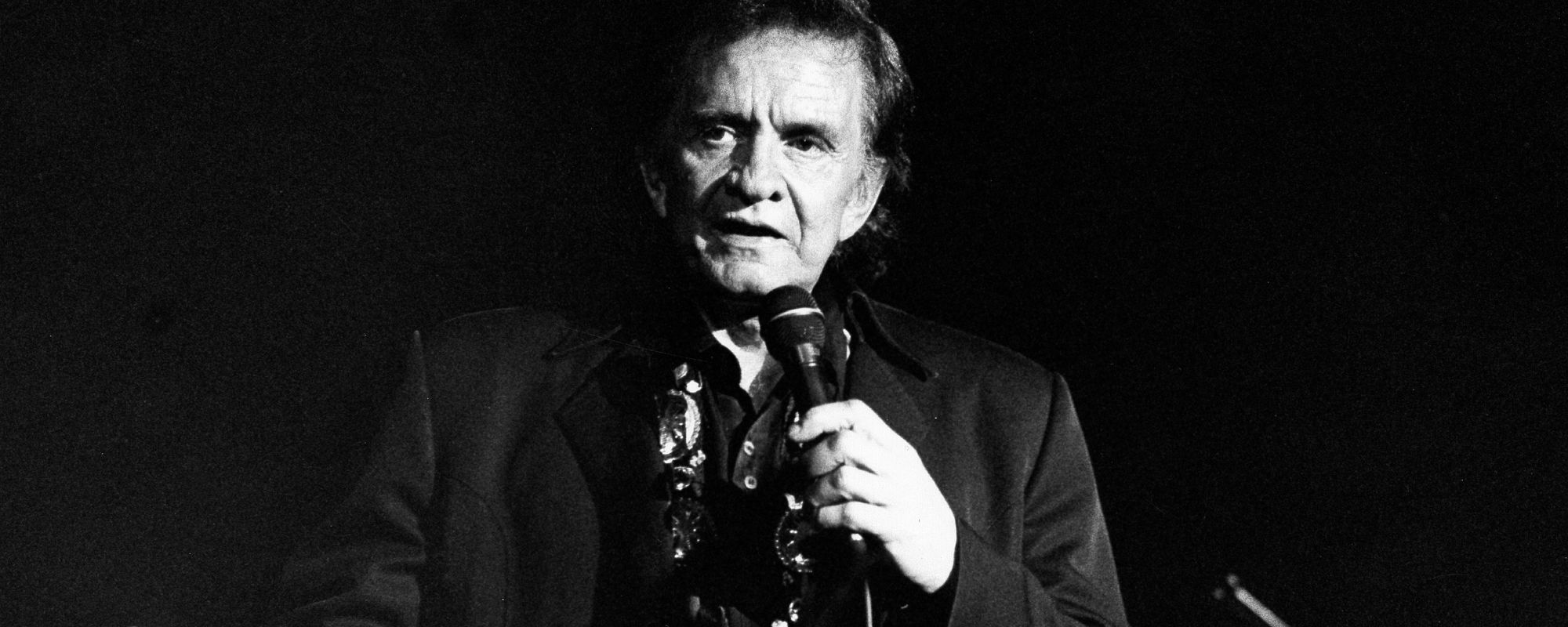

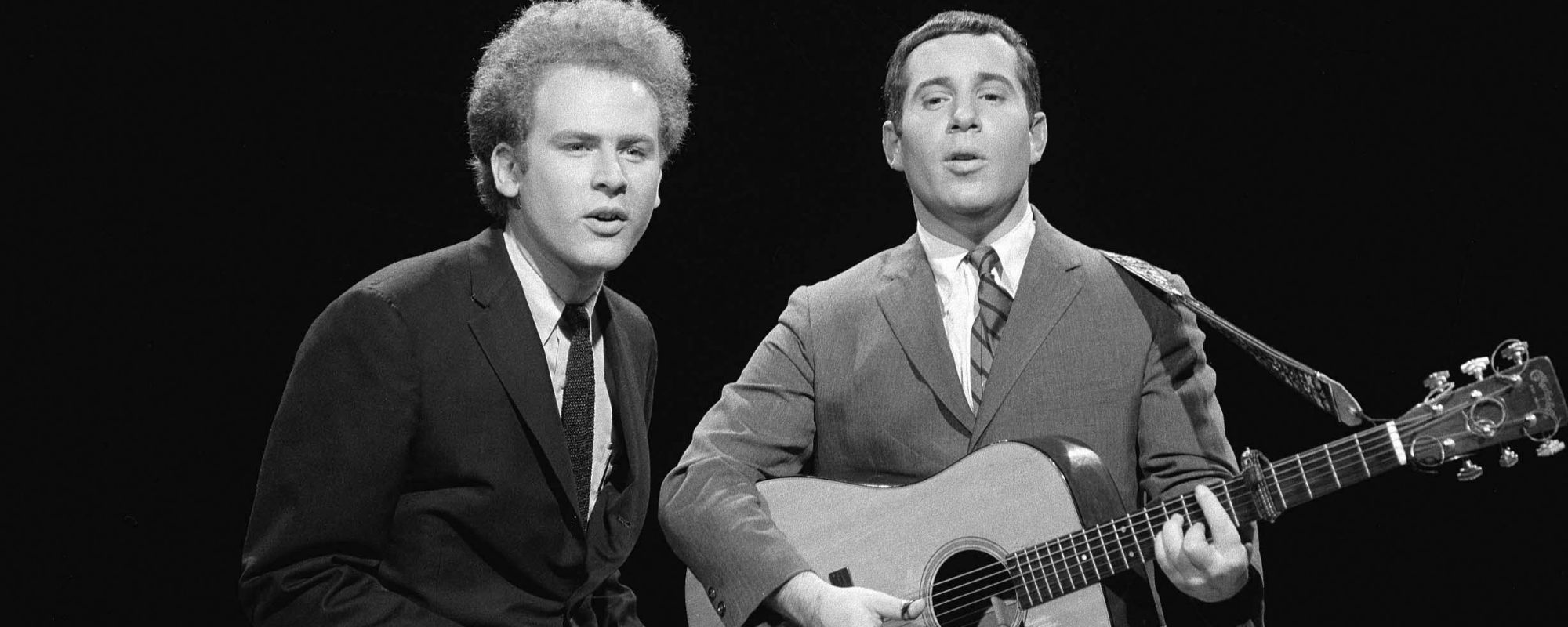
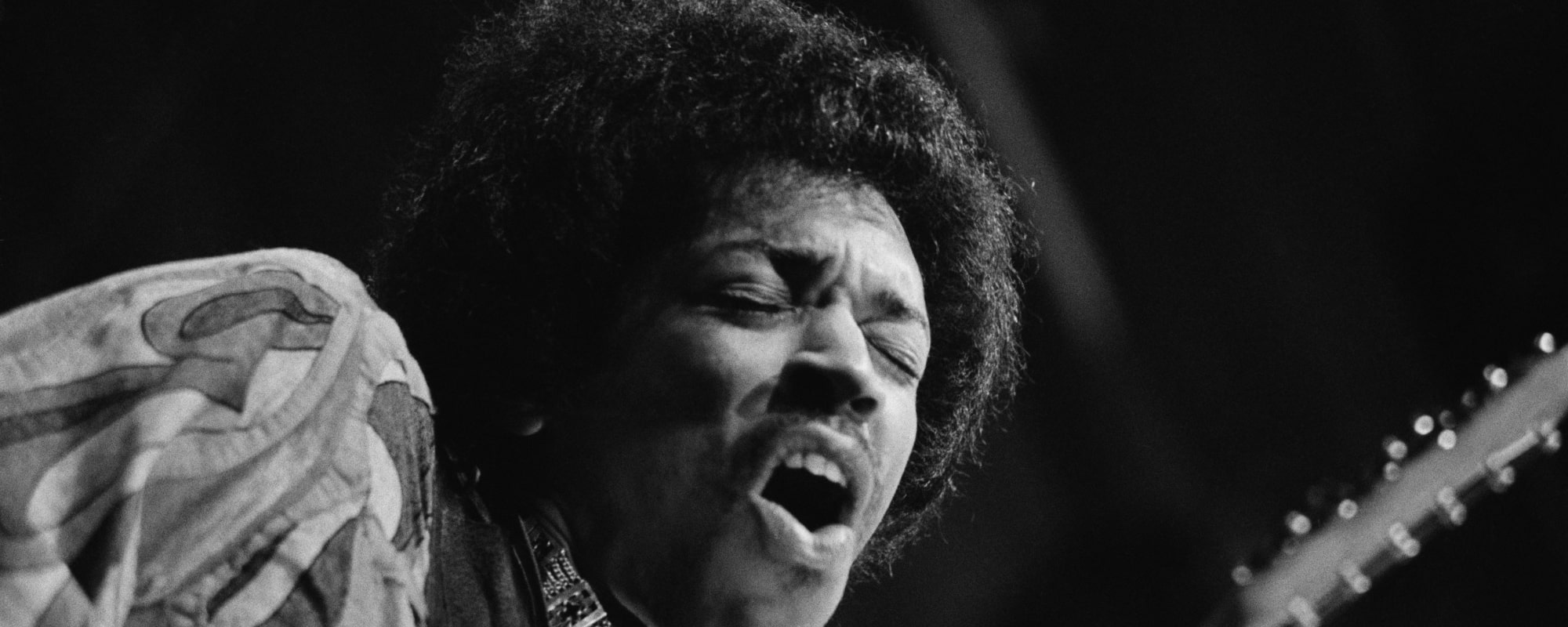
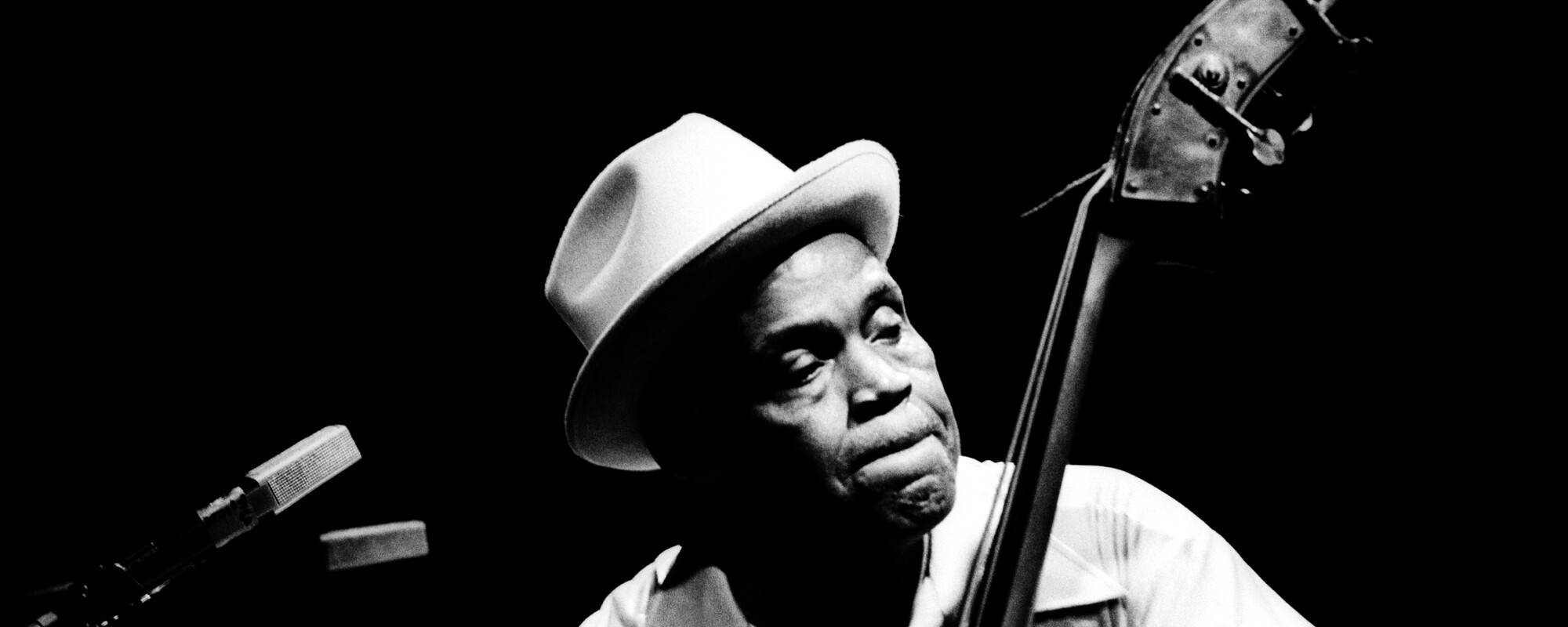

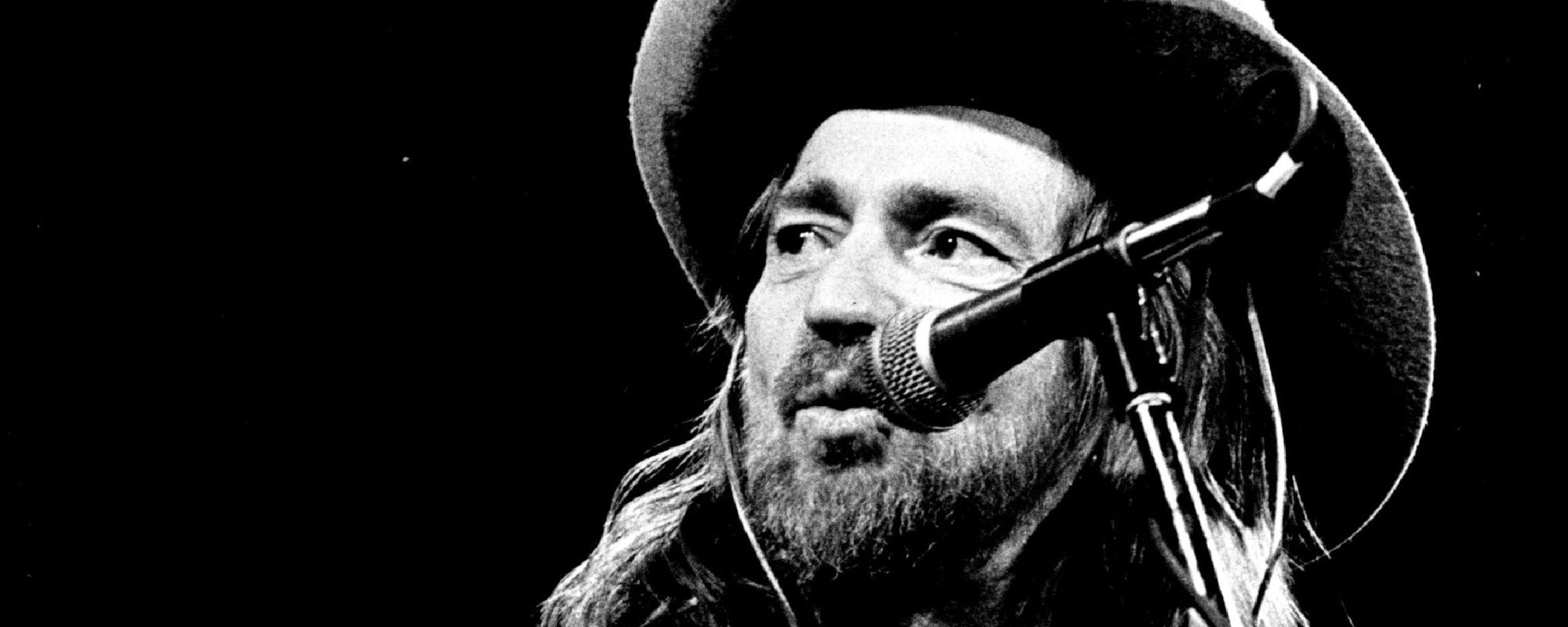
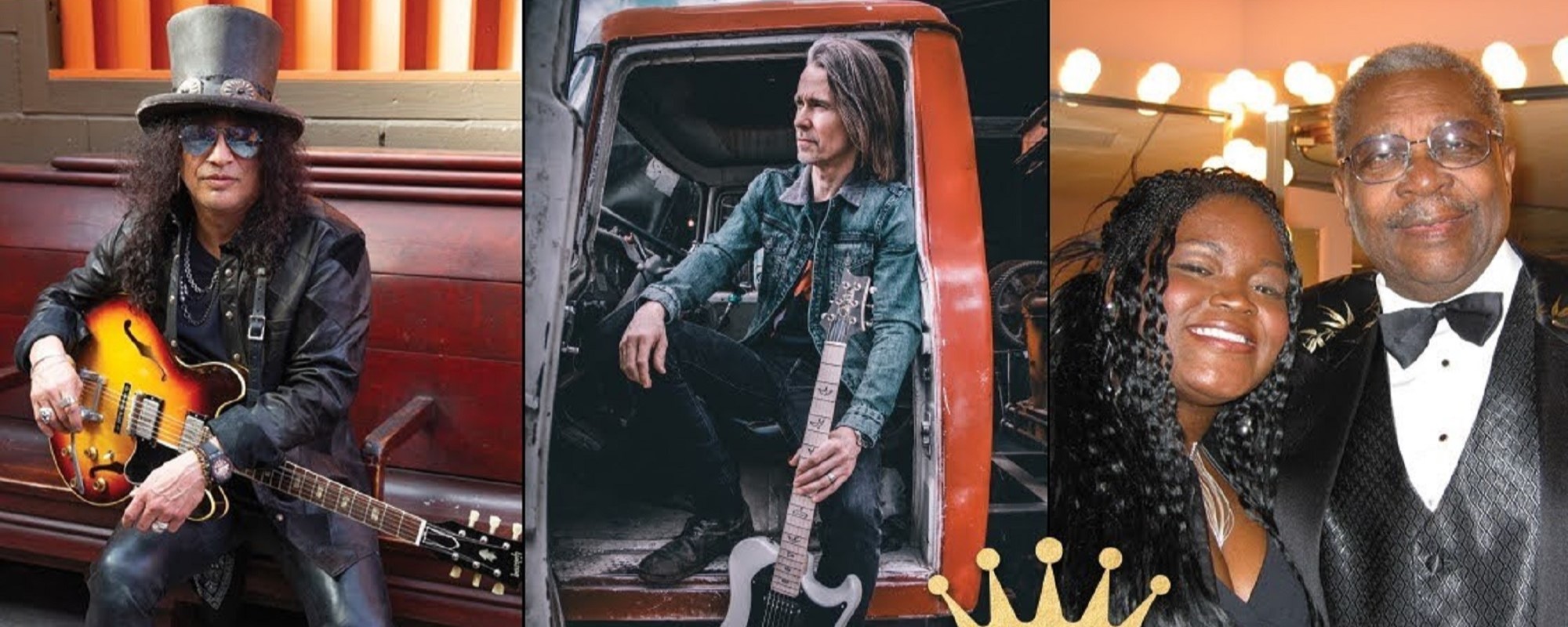
Leave a Reply
Only members can comment. Become a member. Already a member? Log in.